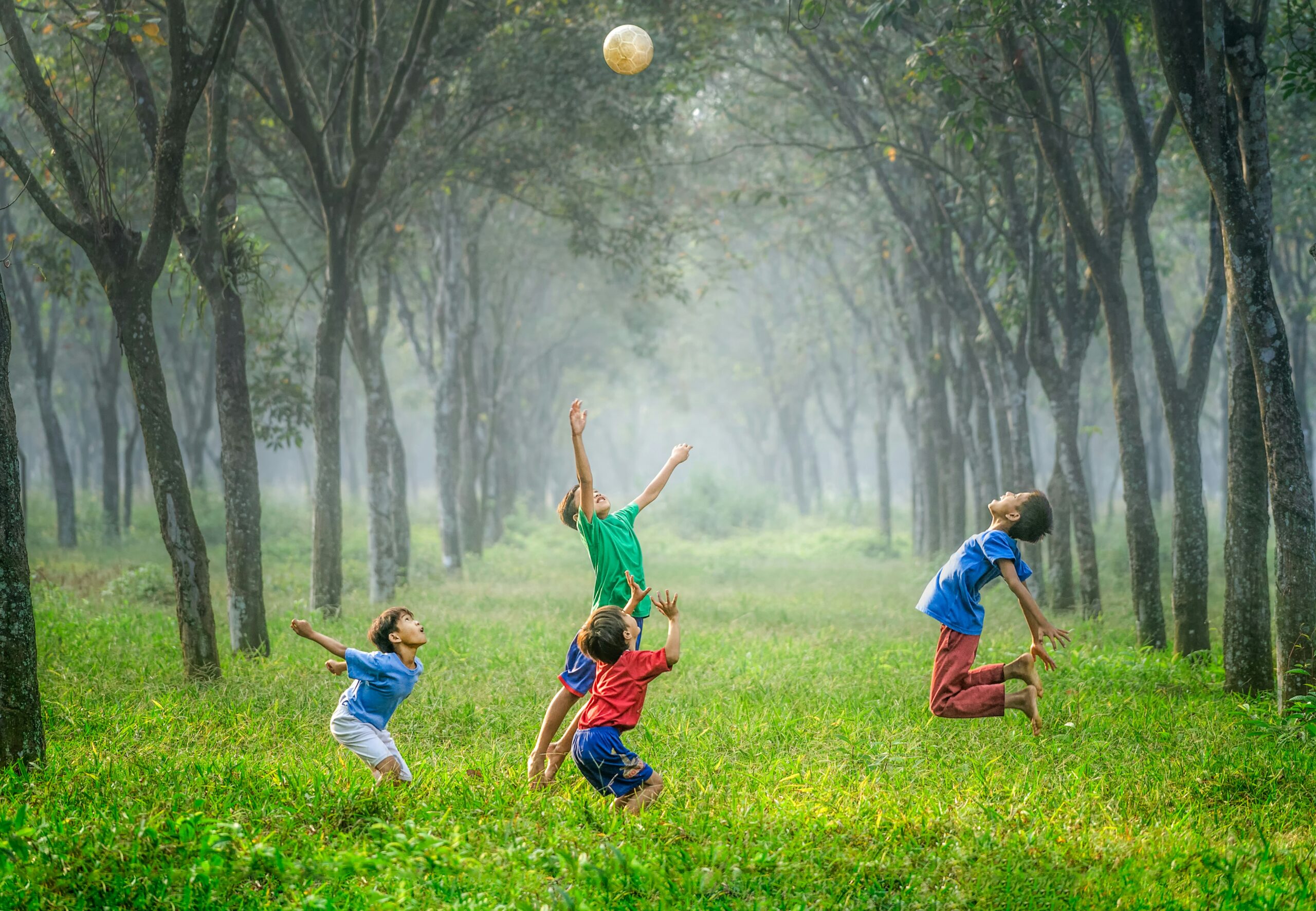
Growing Pains
What are Growing Pains?
- Often occurs when a child/teenager undergoes a growth spurt.
- Occurs when long bones grow quicker than the muscles have time to stretch and adapt.
- Growing pains are when the muscles are fully stretched and cause ‘pulling’ forces at the site where they attach to the bone via a tendon.
- Children have growth plates at the end of long bones where the bone can ‘grow’ from and lengthen. New bone is soft and vulnerable to large forces.
- Repeated ‘pulling’ forces can cause inflammation and pain over the tendon insertion.
- Common areas where children suffer are the heel/Achilles (Sever’s Disease), below the knee cap (Osgood Schlatter’s) and at the base of the knee cap (Sindig-Larsen-Johansson).
What usually happens when a child has Growing Pains?
- Children have fluctuating or constant pain
- Children are unable to carry out PE/Sport as they normally would
- Children withdraw from activities of daily living
- Children develop worry and anxiety about returning to sport and running based activities
What are common symptoms of Growing Pains?
- Pain over localised parts of the body (e.g. Heel, Knee) when running/walking/weight bearing
- Swelling and redness over localised parts of the body
- Mid bone deformities over the heel/upper shin when those ‘pulling’ forces from the muscles have caused soft parts of the bone to change shape
- Pains at night
- Muscle soreness
- Limb restlessness
How long can Growing Pains last?
- Growing pains can last from a few months to several years depending on the extent of the period of growth
- With early diagnosis and management, pains can be kept so minimal that the child is unaware of the changes happening to their body
What Physiotherapy can do to help Growing Pains?
- Exercise rebabilitation can help strengthen the bones and muscles.
- Physios can help plan an appropriate training plan so that the limbs are not being overloaded and allow time for healing, which can reduce significant pain.
- Physios can help manage a child’s exercise timetable to allow for some exercise to be continued whilst they build strength. Advice can be given as to what your child can manage at that period of time and slowly progress this as appropriate.
- Physios can apply hands-on techniques (e.g. Massage, Sports Taping, Joint Mobilisations) to help sooth muscles, reduce inflammatin and provide structural support for activities.
- Physios can help assess areas of weakness and reduced mobility of a child and reintroduce them to running in a safe and controlled environment.
Things you can do at home to help with Growing Pains?
- Reassure your child that growing pains are a common occurrence and that there are ways to help manage the pain.
- Plan your child’s weekly exercise/activity: Ensure children are getting days of rest in-between days with high volume of exercise.
- Gentle massage for the muscles around the area of pain – this can improve the elasticity and flexibility of the muscles to allow them to stretch as the bone grows.
- Apply a cold/ice pack to areas of pain following an episode of activity/exercise to reduce inflammation.
- Apply a warmth (hot water bottle/wheat bag) to the central muscle belly of surround muscles to promote healing and blood flow.
- Talk to your child about their pain so they do not become anxious as this can make the pain seem worse.
- Speak to your child’s PE teachers/coaches about their pain. If a child is exercises with more than 4/10 pain then their training load should be reduced.
- Seek professional advice!
What are the risks if Growing Pains are left without attention?
- Bone deformities can develop at the site of pain due to over exertion and increased forces on the bone.
- Children can have prolonged periods of time unable to complete PE, Sport and other activities that they enjoy.
- Children can become upset and withdrawn from daily life.
- There is a risk of other injuries developing due to children’s muscles and bones compensating and poor movement patterns can develop.
Written by: Alicia Taylor



